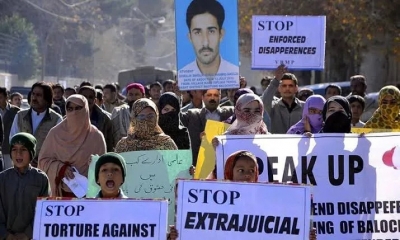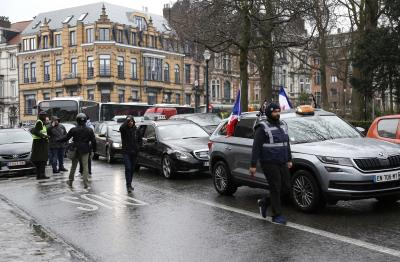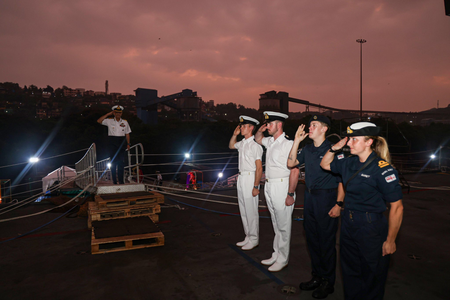
Islamabad, Sep 22 (IANS) Pakistani politician Maulana Fazl-Ur-Rehman alleged recently that the country’s authorities are involved in kidnapping and enforced disappearances across Balochistan.
His remarks came amid an escalating wave of enforced disappearances in the province, with families continuously staging protests demanding the return of their missing kin.
In a video that went viral over the weekend, Rehman said, “If you go to Balochistan, where there is a state of insecurity–people are kidnapped and disappeared.”
Recently, noted American human rights lawyer and researcher Reed Brody called for international scrutiny over enforced disappearances, unlawful killings, and the targeting of women activists by Pakistani authorities in Balochistan.
He made these remarks addressing the 7th Global Balochistan Conference in Geneva, held on the sidelines of the 60th regular session of the UN Human Rights Council. The event organised by the Baloch National Movement (BNM) witnessed participation from several political figures, human rights activists, and intellectuals.
“The people of Balochistan are not alone. The struggle for truth and accountability can be long, but it is never hopeless. We must insist on international scrutiny”, said Brody.
“We must call for independent investigations into enforced disappearances, unlawful killings, and the targeting of women activists. The international community must not look away while basic rights—like the right to speak, to protest, and to mourn—are denied,” he added.
The American human rights lawyer called on the Pakistani authorities to immediately release those detained for peaceful protest, restore internet access in affected regions, and end the unlawful use of force in Balochistan
He urged the international community, stating, to support the voices of victims, demand accountability, and not let geopolitics blind them to serious abuses.
“And to the survivors in Balochistan: your courage matters. History shows that truth can be delayed, but it cannot be buried,” Brody asserted.
Highlighting his work over the years with survivors of some of the world’s most brutal regimes, which includes Augusto Pinochet of Chile, Jean-Claude Duvalier of Haiti, and Hissene Habre of Chad, Brody said, “These were powerful men who believed they could rule through terror, silence dissent through fear, and escape accountability.”
“But history caught up with them—not because of governments, but because survivors refused to be silent. Their courage brought justice, not only for themselves but for future generations. That same courage is alive today in Balochistan,” he stressed.
–IANS
scor/as




